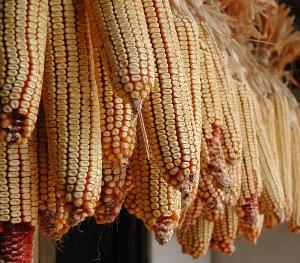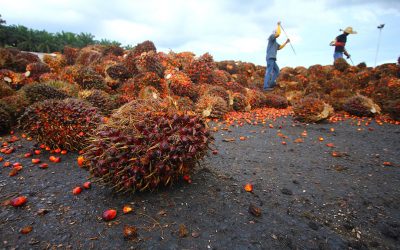US main supplier of S. Korea’s corn market

According to Byong Ryol Min, US Grains Council director in South Korea, the United States supplied 77.6% of Korea’s corn imports in 2011.
Korea’s total 2011 imports of feed grains and substitutes, including feed wheat, tapioca and lupine seed, decreased 7.7% compared to 2010.
“The decline we’re seeing in mixed feed consumption is a reflection of diminishing livestock numbers as a result of the foot-and-mouth outbreak earlier in the year,” Min explained.
Given the poor production output, pork imports increased a dramatic 68.4% last year.
To curb soaring consumer prices, the Government of Korea stimulated imports with a duty free tariff-rate quota policy in addition to subsidies to cover the cost difference in shipping chilled pork bellies by air transport instead of ocean freight.
Consequently, Korea’s livestock product imports exceeded 1 million metric tons for the first time in history.
The United States provided 36.9% of that total. By Council assessment that is more than 2.3 million metric tons of US feed grains imported indirectly in the form of meat.











